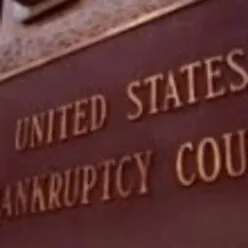(a) Within a reasonable time after the order for relief in a case under this title, the United States trustee shall convene and preside at a meeting of creditors.
(b) The United States trustee may convene a meeting of any equity security holders.
(c) The court may not preside at, and may not attend, any meeting under this section including any final meeting of creditors. Notwithstanding any local court rule, provision of a State constitution, any otherwise applicable nonbankruptcy law, or any other requirement that representation at the meeting of creditors under subsection (a) be by an attorney, a creditor holding a consumer debt or any representative of the creditor (which may include an entity or an employee of an entity and may be a representative for more than 1 creditor) shall be permitted to appear at and participate in the meeting of creditors in a case under chapter 7 or 13, either alone or in conjunction with an attorney for the creditor. Nothing in this subsection shall be construed to require any creditor to be represented by an attorney at any meeting of creditors.
(d) Prior to the conclusion of the meeting of creditors or equity security holders, the trustee shall orally examine the debtor to ensure that the debtor in a case under chapter 7 of this title is aware of—
(1) the potential consequences of seeking a discharge in bankruptcy, including the effects on credit history;
(2) the debtor’s ability to file a petition under a different chapter of this title;
(3) the effect of receiving a discharge of debts under this title; and
(4) the effect of reaffirming a debt, including the debtor’s knowledge of the provisions of section 524 (d) of this title.
(e) Notwithstanding subsections (a) and (b), the court, on the request of a party in interest and after notice and a hearing, for cause may order that the United States trustee not convene a meeting of creditors or equity security holders if the debtor has filed a plan as to which the debtor solicited acceptances prior to the commencement of the case.
